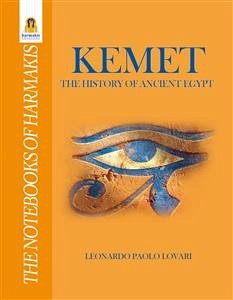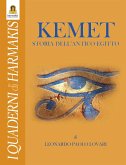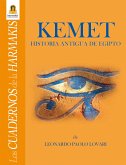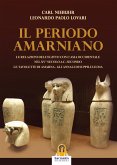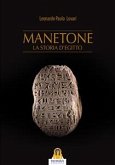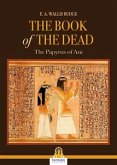The Egyptian civilization, which flourished along the banks of the Nile for about 3000 years, was one of the most extraordinary and enduring of the ancient world. Even today, after two thousand years since its setting, it continues to exert considerable charm. The Egyptians left many traces of their culture, thanks to the climate dry desert that has preserved over the centuries. The Sphinx and many pyramids, mummies, funerary masks, funerary decorations, the papyri, have thus been preserved from destruction, the common fate of many ancient remains. Egypt is in fact also known as the "gift of the Nile", because the flooding of the river deposited on the fields a layer of fertile silt, vital for the growth of crops. Already in prehistoric times, the first settlers learned to sow and plant their crops in the fields still covered by mud after the waters had receded. I collected, almost always abundant, they allowed that civilization to thrive and achieve a brilliance never known before. The ancient Egyptians called the fertile valley of the Nile kemet, "black earth", and themselves remet-en-kemet, "the people of the black earth", while the desert surrounding the town was said deshret, "red earth."
Bitte wählen Sie Ihr Anliegen aus.
Rechnungen
Retourenschein anfordern
Bestellstatus
Storno

